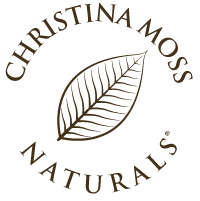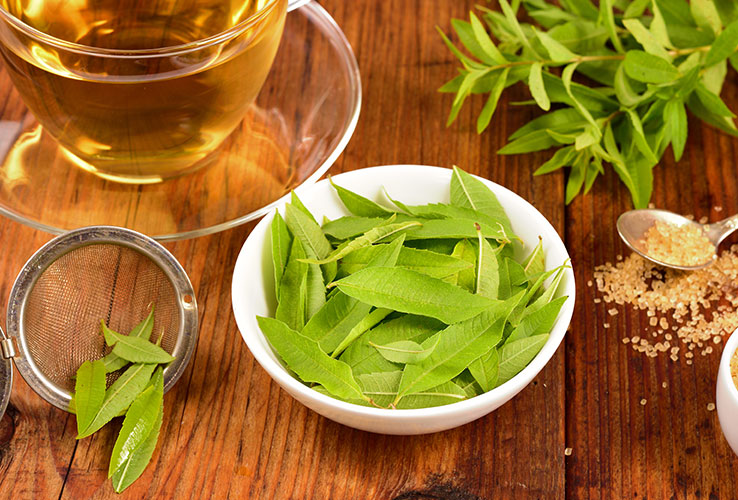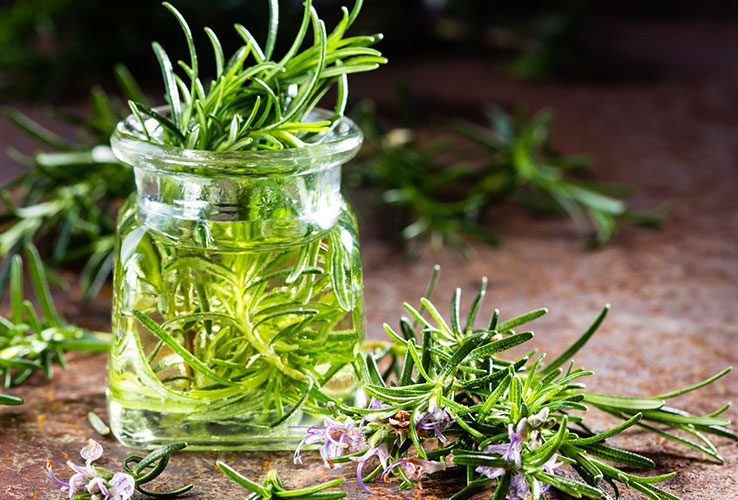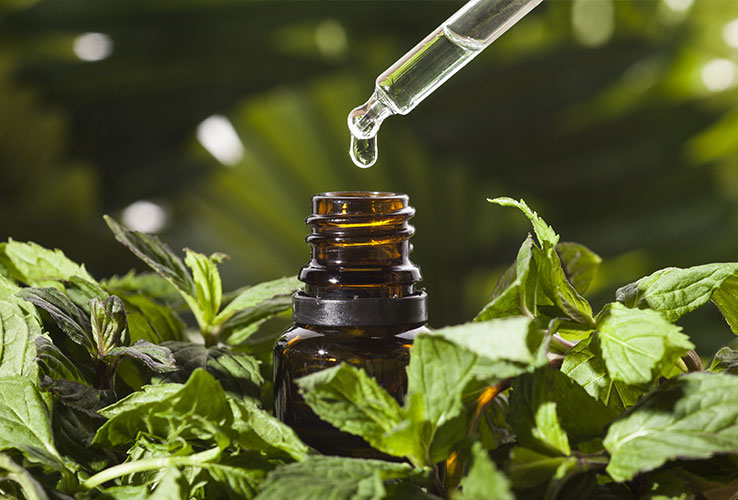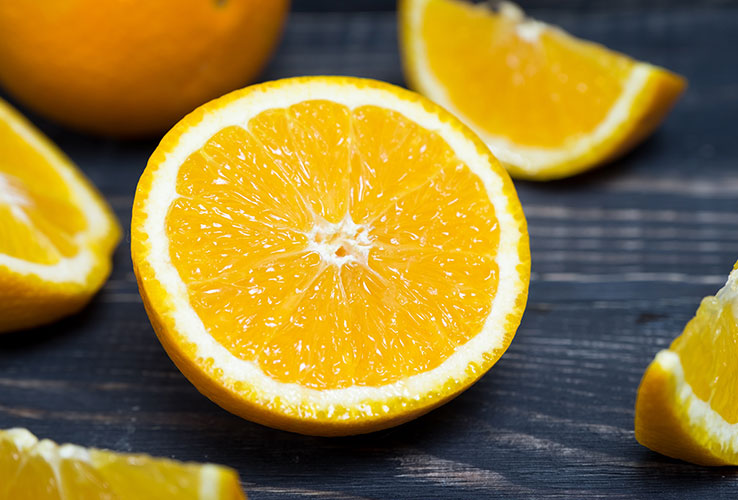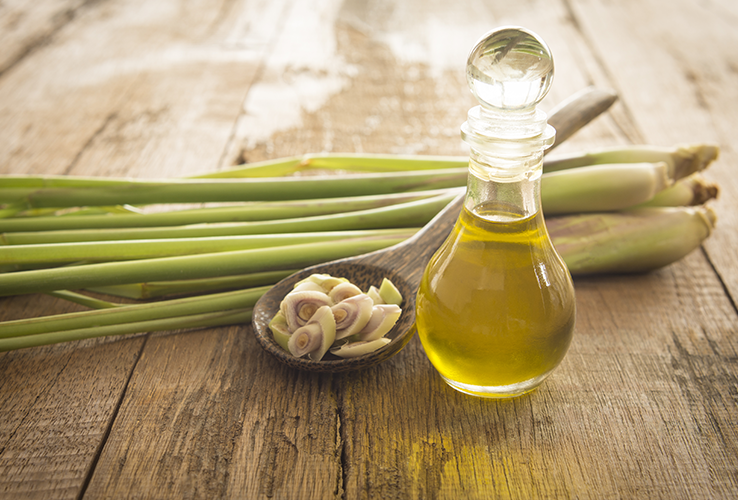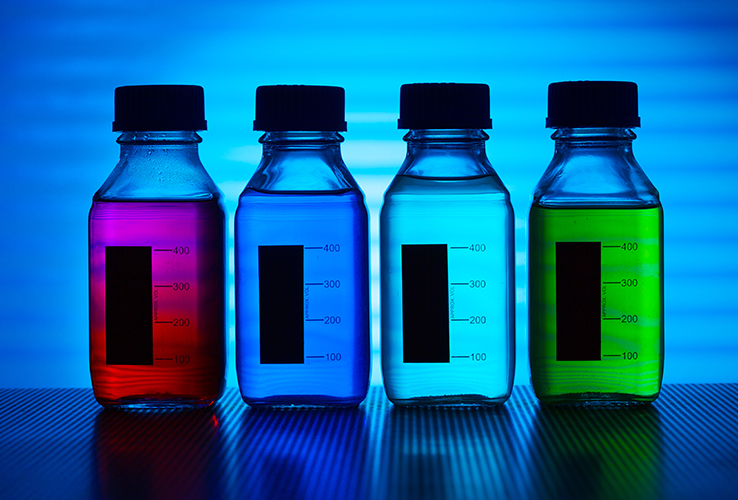A Magic Ingredient for Skin & Hair
Christina Moss Naturals organic flax glycerin is far superior to other glycerin products. Why? Because it’s 100% derived from organic flax seeds. That means it’s 100% palm-free and 100% vegan friendly. But what makes this product a real showstopper is its versatility and performance.
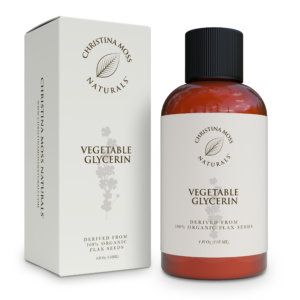 What Makes Our Glycerin Different?
What Makes Our Glycerin Different?
First, it’s important to understand that conventional derivatives of glycerin are usually from:
-
- GMO Oils
- Palm Oils
- Animal Fats
If you already use my products, you most likely have a concern about genetically altered foods and cosmetics. If you care about the Earth (which I believe my customers do) you probably buy nothing that contains palm oil because you understand farming the palm tree forests is destroying our environment. And if you object to smearing animal products on your skin, you probably avoid ingredients with animal fats.
In stark contrast to the conventional glycerin above, we derive our glycerin only from organic flax seed. This environmentally friendly product has clear, sweet and odorless qualities, along with an impressive list of practical uses. Read on and discover more about this ingredient, including how it can naturally provide enormous benefits to skin and hair.
What is Cosmetic Glycerin used for?
![]()
In a nutshell, you can use flax glycerin in lip masks (add sugar or salt and gently scrub your lips), hair masks (put some conditioner in your hand and add some glycerin) and face masks (try adding some to a face mask). It can also enhance moisturizer by mixing them in the palm of your hand and applying the moisturizer as usual. Notice the dewy glow it gives your skin. Add some to body lotion for the same dewy glow all over. Glycerin is an emollient, so it softens and moisturizes. Because of its natural sweetness, skin will readily absorb its qualities, especially when used in a face mask and combined with other raw ingredients. It can really help boost the quality of your skin. Our glycerin is pure, gentle, and safe for most skin types and is appropriate for everyday use.
What are the Benefits of Vegetable Glycerin?
![]()
• Moisturizes Skin
• Makes Skin soft and Supple
• Can Help Heal Damaged Skin
• Can Help Heal Fine Lines and Wrinkles
• It Protects Skin from Environmental Toxins
• Improves Skin and Hair Health and Condition
• Controls Infections
• When Stored Correctly, has a Long and Stable Shelf Life
• It’s Non-toxic
• Non-Irritating
• Hypoallergenic – In Fact, Allergic Reactions are Rare
• Provides Lasting Hydration
• Can Help Clear Up Problem Skin
• Does Not Strip Natural Skin Oils
Reduces Hair Frizz
When combined with a hair formulation, vegetable glycerin can reduce dryness, flyaway hair, and frizz, leaving your hair extra soft and shiny.
Smooths Skin
Flax glycerin can smooth out the appearance of skin and improve the complexion by filling in pores and fine lines where it goes to work rejuvenating these areas of visible aging.
Evens Out Skin Complexion
Using vegetable glycerin can lighten your skin tone, diminishing the visibility of dark spots.
How To Use It?
You can directly use vegetable glycerin on our skin or hair as a moisturizer. Use it as a base and add a small amount of essential oils and a carrier oil. This makes for a fantastic massage oil.
![]()
Storing Instructions
Our vegetable glycerin is packed in an amber bottle that provides UV protection. It has a very impressive shelf life. But to really keep it long-lasting, it is best stored at room temperature, away from sunlight.
~Christina Moss
NOTE: Allergic reactions to glycerin are quite rare, which is why it’s used as a negative control in allergy scratch tests. However, (obligatory disclaimer) we don’t recommend using it on broken or cut skin, or if skin is super sensitive, without first consulting with a dermatologist. In the unlikely event that redness or rash should develop (or if any non-optimum condition arises), discontinue use and contact your dermatologist.
References:
